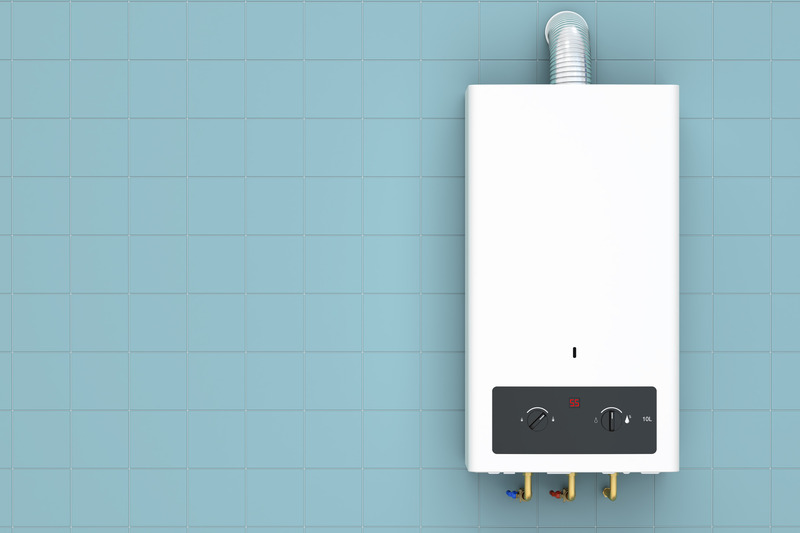
Upgrading to a new water heater can significantly boost your household’s energy efficiency and reduce utility bills. Whether it’s a tankless water heater, a gas water heater, or an electric water heater, understanding the potential savings and factors involved can help you make an informed decision. Here’s a comprehensive look at how much money a new water heater can save you and essential considerations during the process.
Types of Water Heaters and Their Savings
Tankless Water Heaters:
- Energy Efficiency: Tankless water heaters heat water only when needed, eliminating standby heat loss. This high efficiency can lead to significant savings on your utility bills.
- Savings: Homes using 41 gallons or less of hot water daily can achieve 24-34% more energy efficiency compared to traditional models, translating into considerable savings over time.
Gas Water Heaters:
- Energy Efficiency: Generally more efficient than electric models, gas water heaters perform exceptionally well in colder climates with higher heating demands.
- Savings: Despite a higher initial cost, gas water heaters can reduce your energy bills by up to 30% compared to electric heaters. Their faster recovery rate means less energy consumption overall.
Electric Water Heaters:
- Energy Efficiency: Electric water heaters are less expensive upfront and efficiently convert energy into heat. However, higher electricity rates can make them more costly to operate.
- Savings: Upgrading to a high-efficiency electric model can reduce energy usage by 10-15%, leading to noticeable monthly savings.
Factors Affecting Savings
Initial Cost vs. Long-Term Savings:
- The upfront cost of a new water heater installation can be significant, but the long-term savings on energy bills often justify the investment. Tankless water heaters have higher initial costs but offer considerable savings over their lifespan.
Energy Source:
- The type of energy source (gas or electric) significantly impacts operating costs. In areas with cheaper natural gas, gas water heaters can provide substantial savings. Conversely, in regions with high gas prices, electric water heaters might be more economical.
Usage Patterns:
- The daily hot water usage of your household influences the savings. Larger families or homes with higher hot water demands will see more significant savings from energy-efficient models.
Maintenance and Lifespan:
- Regular maintenance can prolong the life of your water heater and ensure it operates efficiently. Tankless water heaters generally last longer (up to 20 years) compared to traditional tank models (10-15 years), offering extended savings over time.
Investing in a new water heater can lead to substantial energy and cost savings, especially when considering long-term benefits. Whether you choose a tankless water heater for its on-demand efficiency, a gas water heater for its operational cost advantages, or an electric water heater for its affordability, the key is selecting the model that best suits your household’s needs and energy usage patterns.
At Towers Plumbing, we specialize in expert water heater installation, ensuring you get the most efficient system tailored to your home. If you’re dealing with clogged pipes, water pressure issues, or even a water leak, our comprehensive plumbing services can address all your needs. Contact us today to explore the best options for your new water heater and start saving on your energy bills.
